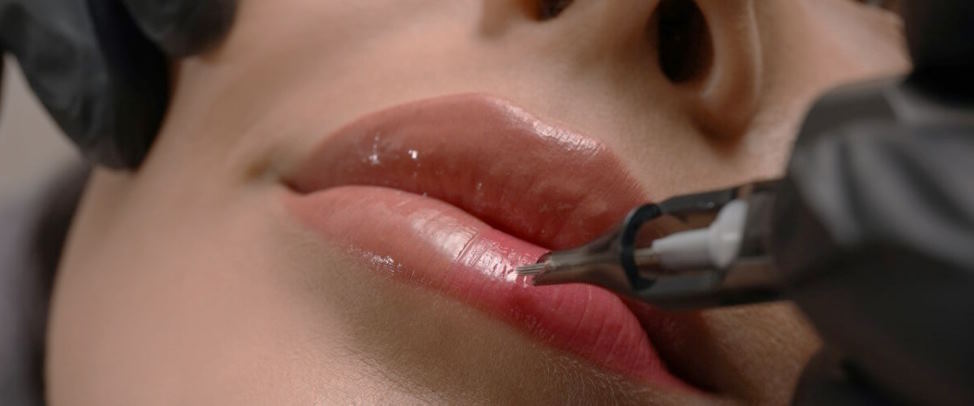Factors Influencing the Efficiency of a Makeup Artist’s Work
The world of makeup artistry is a dynamic and fast-paced environment where creativity meets precision. A makeup artist’s efficiency is influenced by a multitude of factors that extend beyond mere skill. Understanding and managing these elements is key to ensuring a smooth and timely makeup application process.
Skill and Experience
Skill Level: A makeup artist’s proficiency is a fundamental factor affecting their speed. Highly skilled artists can often execute complex looks with precision and speed. Experience contributes significantly to efficiently navigating various face shapes, skin tones, and client preferences.
Time Management
Organization: Effective time management is crucial for a makeup artist. Planning and organizing tasks, from setting up the workstation to completing the final touches, contribute to a streamlined workflow. Efficient artists are adept at allocating time for each step without compromising quality.
Communication
Client Consultation: Clear communication with the client is essential. Understanding their preferences, expectations, and any specific requirements beforehand helps the makeup artist plan and execute the look efficiently. Miscommunications can lead to unnecessary adjustments and delays.

Well-Maintained Tools
Tool Maintenance: Quality tools are essential for a makeup artist, and keeping them in optimal condition is equally crucial. Regular cleaning, sanitization, and replacement of tools ensure smooth application and prevent interruptions caused by malfunctioning or inadequate equipment.
Product Knowledge
Product Familiarity: A makeup artist’s speed is influenced by their product familiarity. Knowing the characteristics and performance of different makeup products allows for quicker decision-making during application, resulting in a more efficient process.
Adaptability
Flexibility: Makeup artists often encounter unexpected challenges, such as last-minute changes in the client’s preferences or unforeseen skin conditions. The ability to adapt to these situations without compromising the quality of the work is a valuable skill that impacts efficiency.
Workspace Organization
Clean and Organized Station: An organized workspace contributes to a smooth workflow. Having products, tools, and disposables readily accessible and well-arranged minimizes time spent searching for items during the application process.
Client Comfort
Ensuring Client Comfort: A makeup artist’s ability to create a comfortable and enjoyable experience for the client affects the overall efficiency. A relaxed client is more likely to cooperate during the application, reducing the need for adjustments or interruptions.



